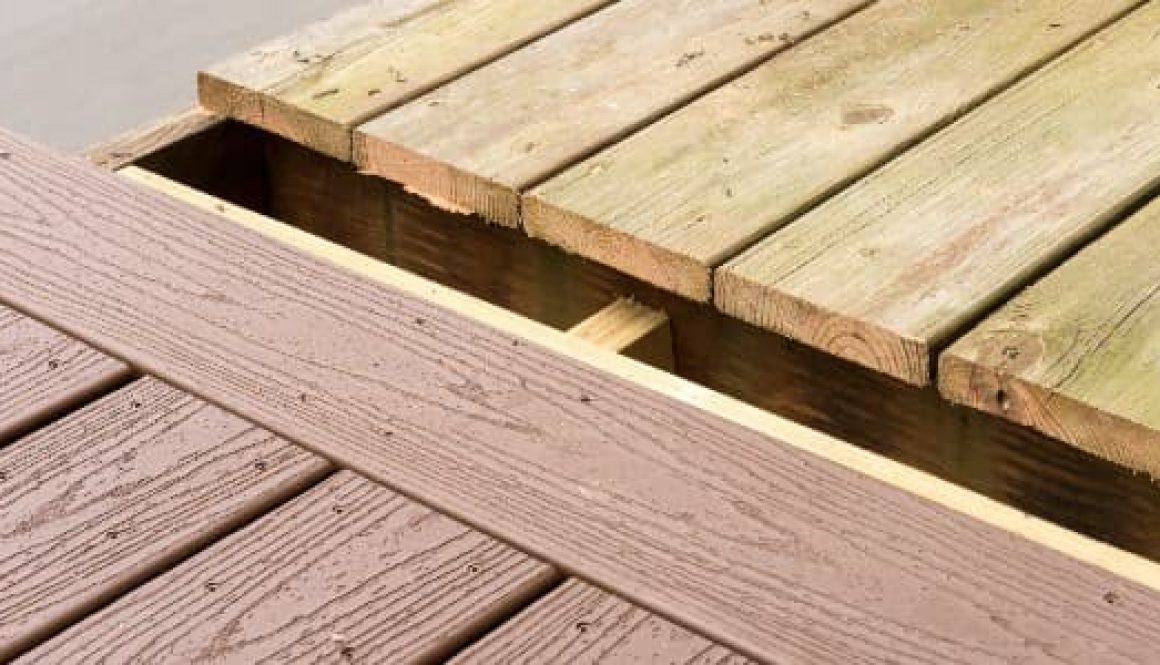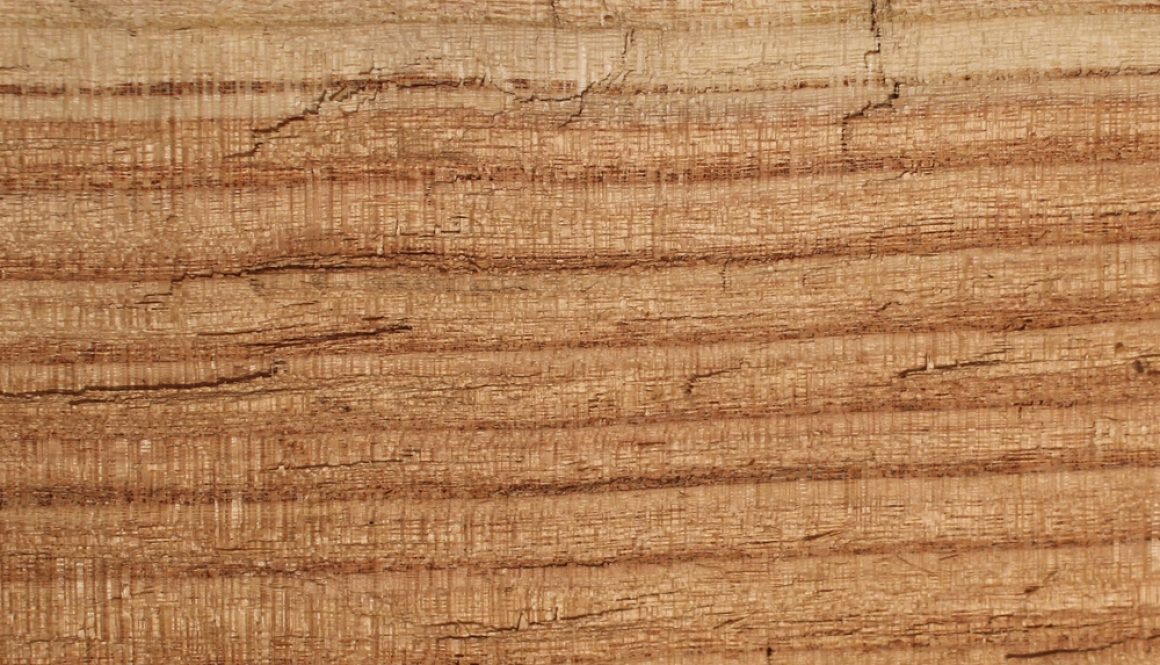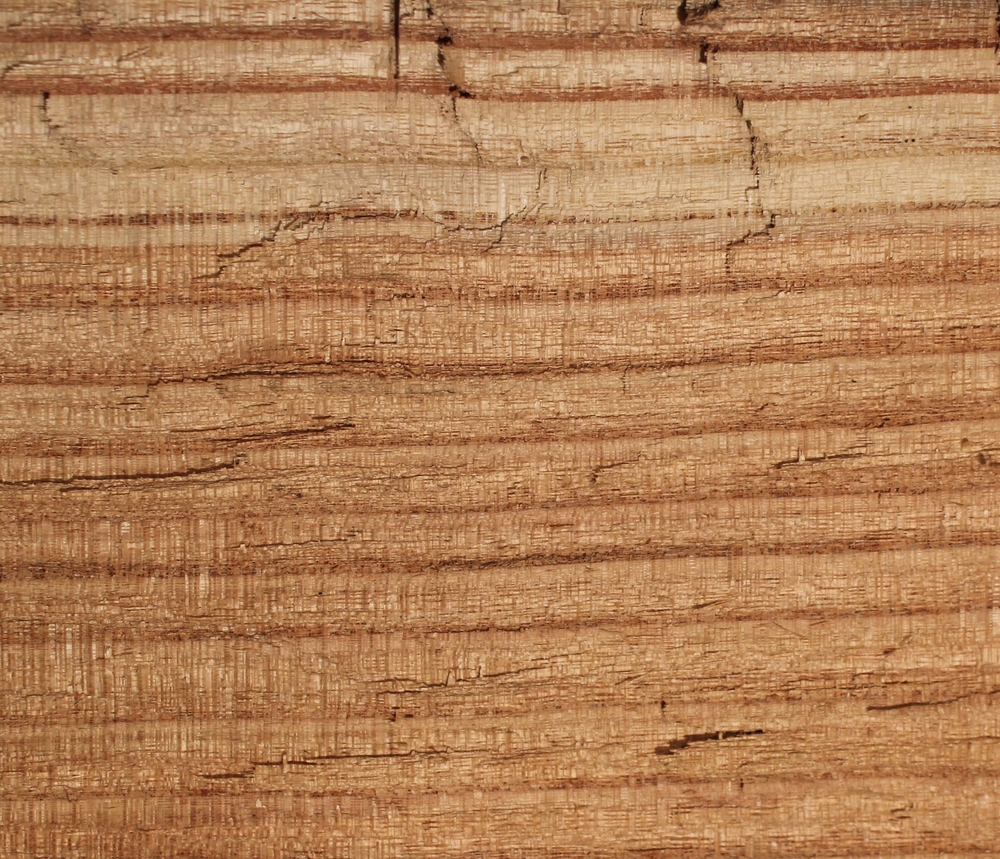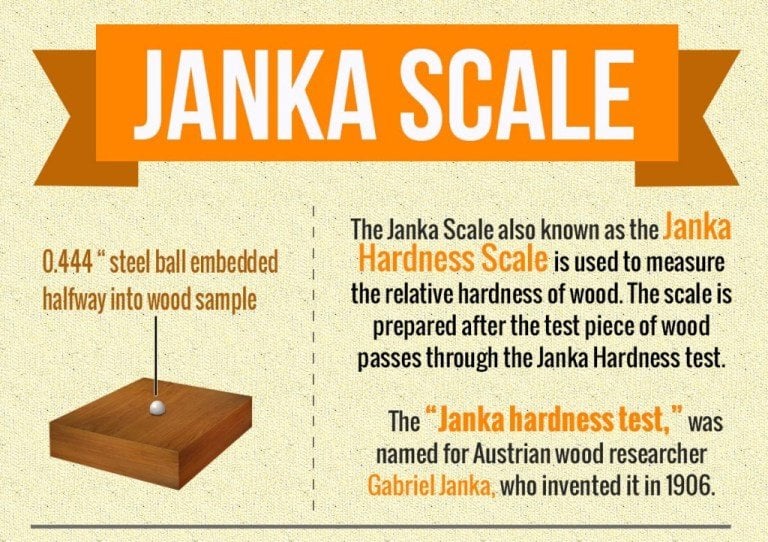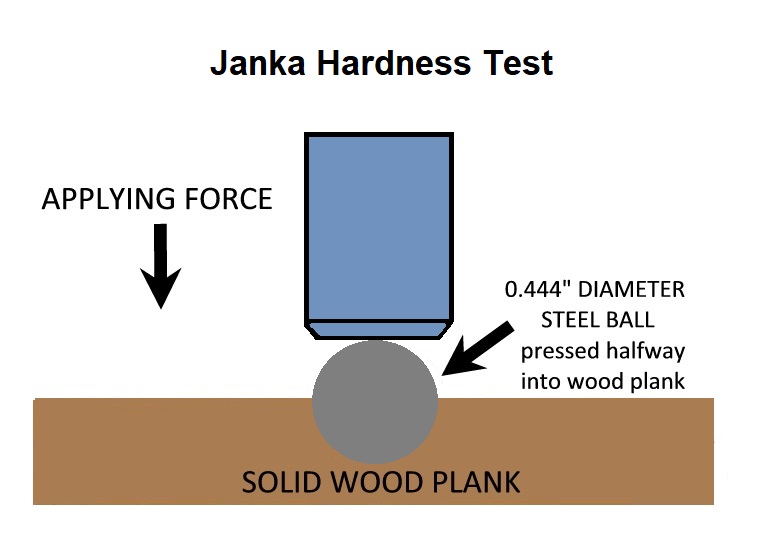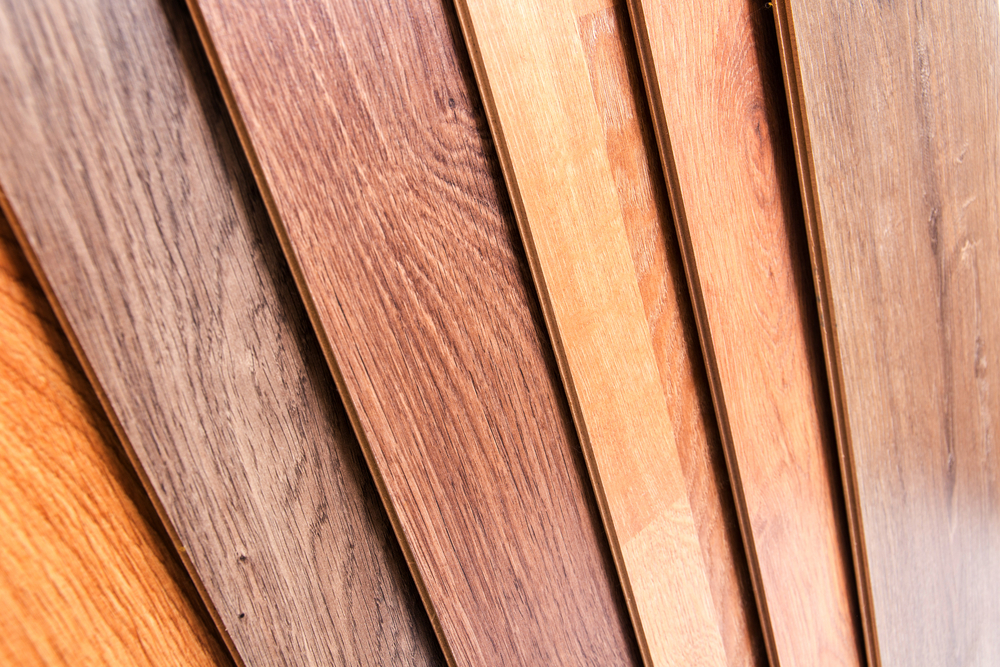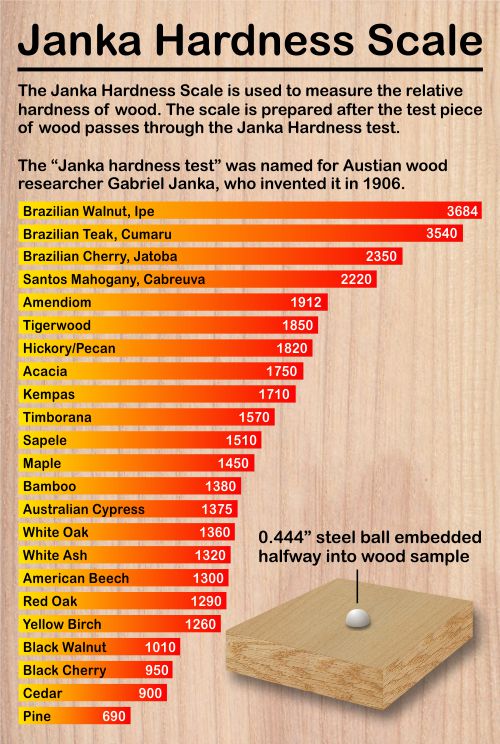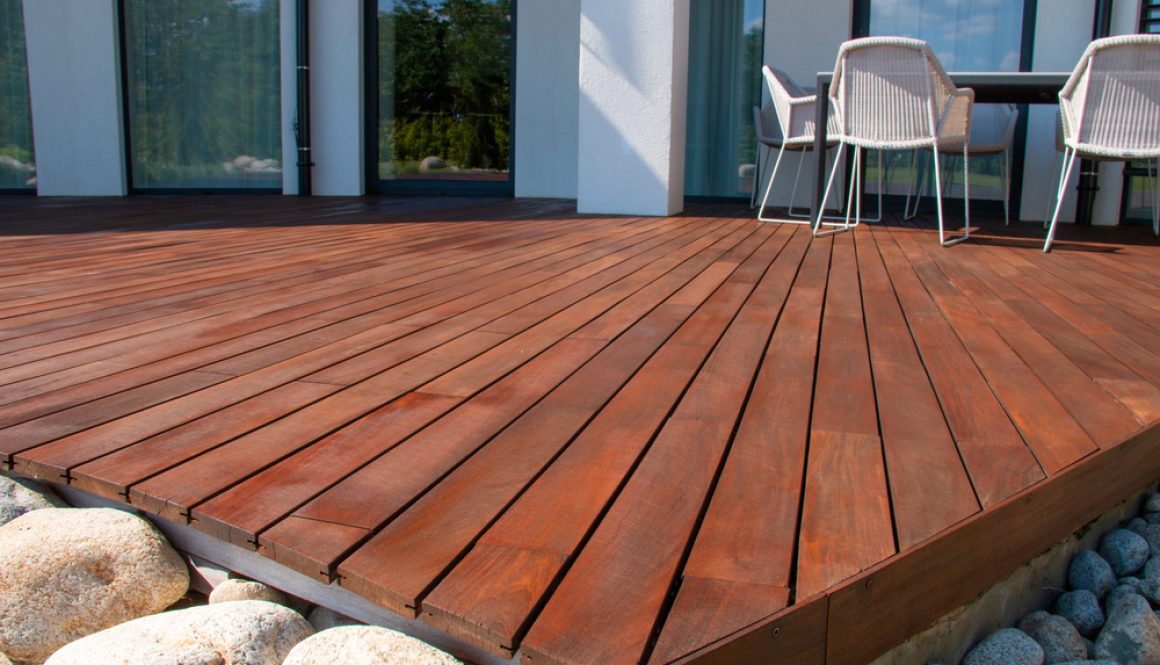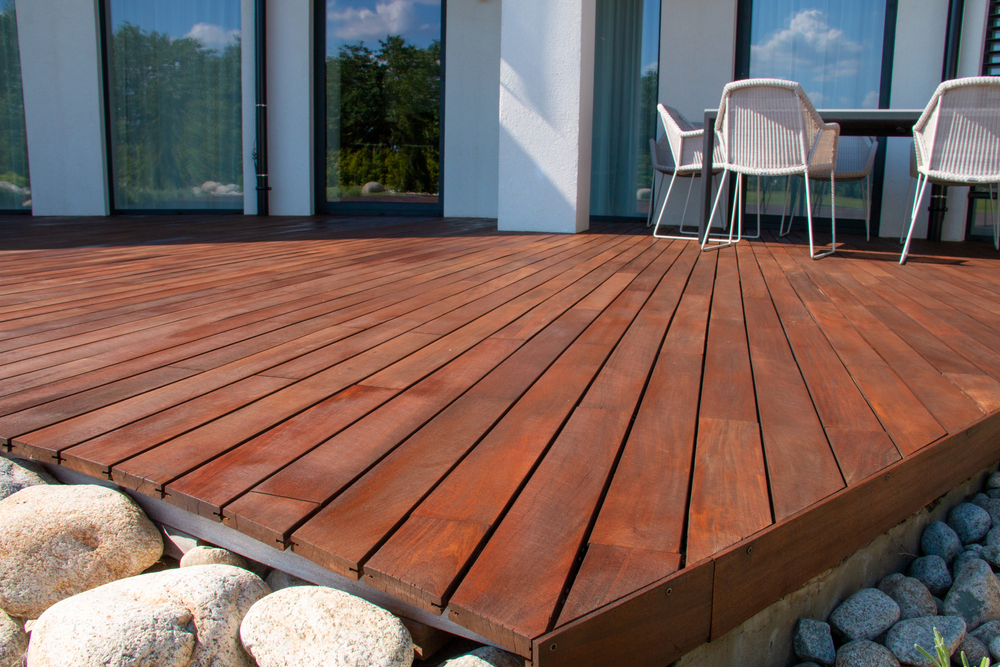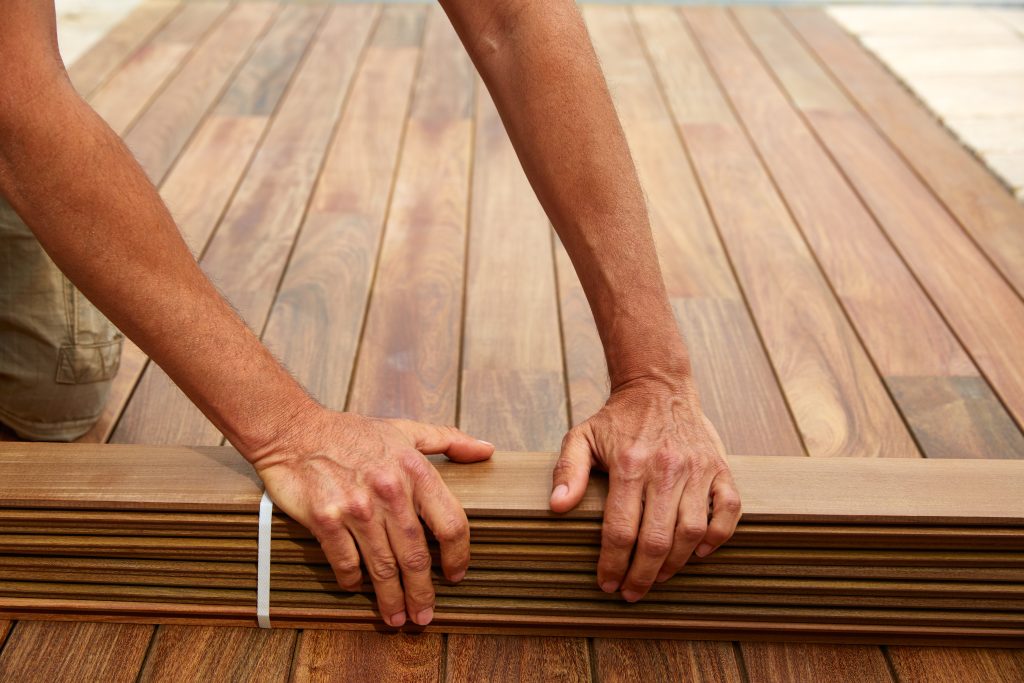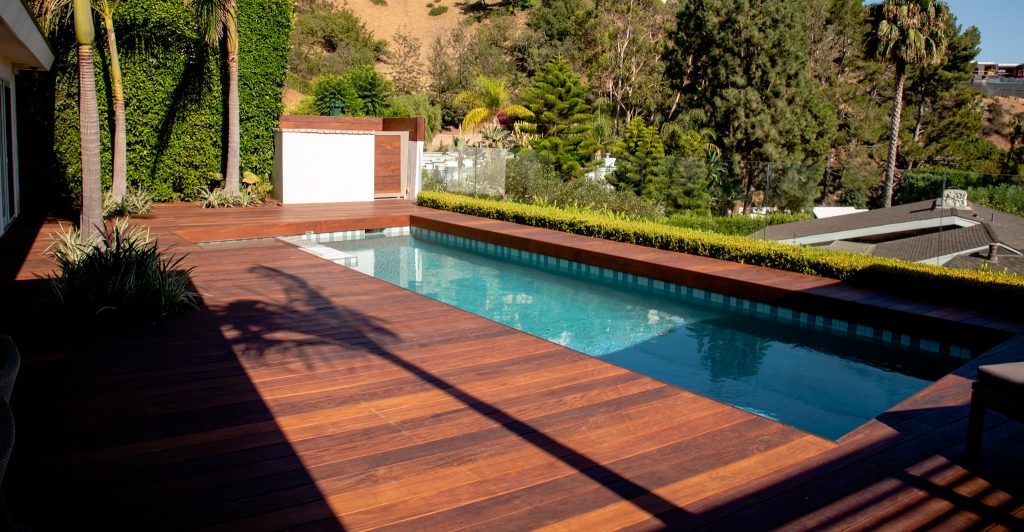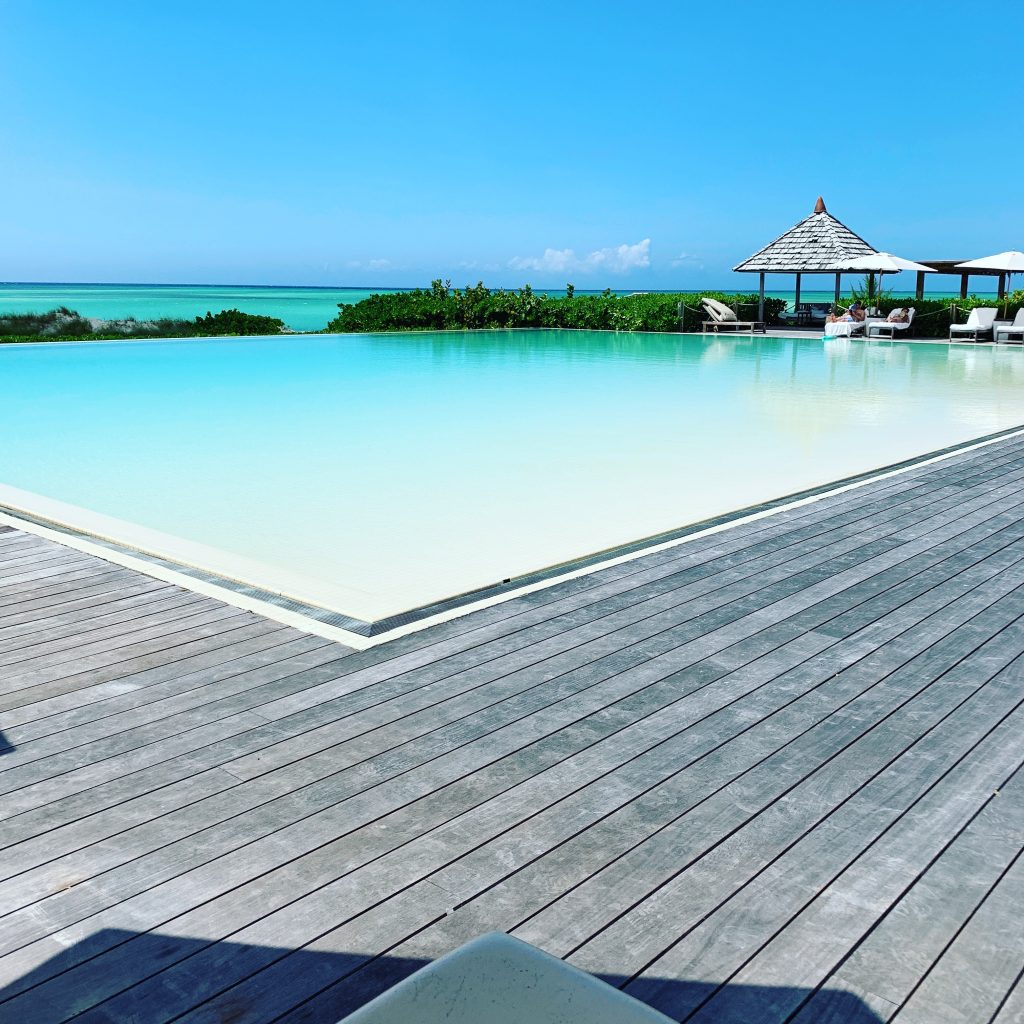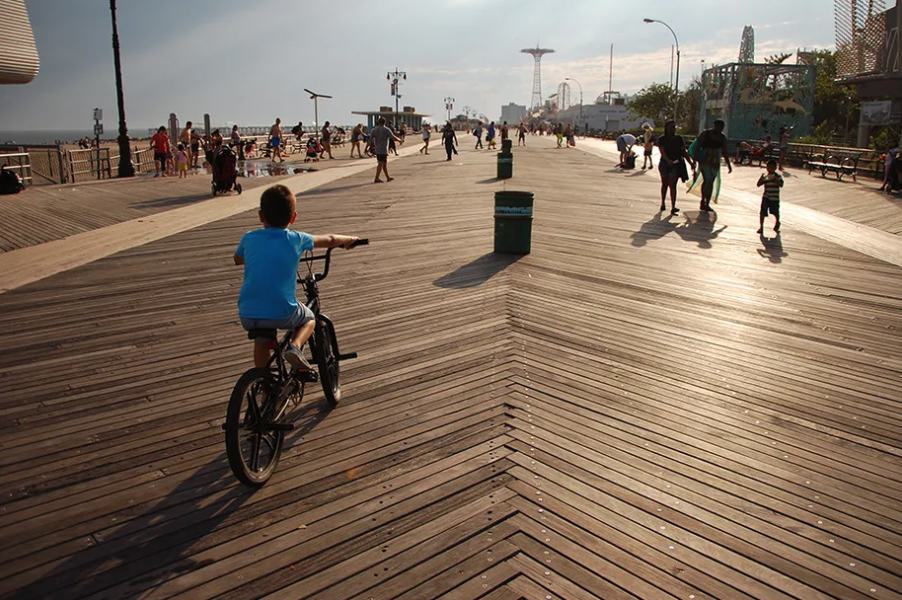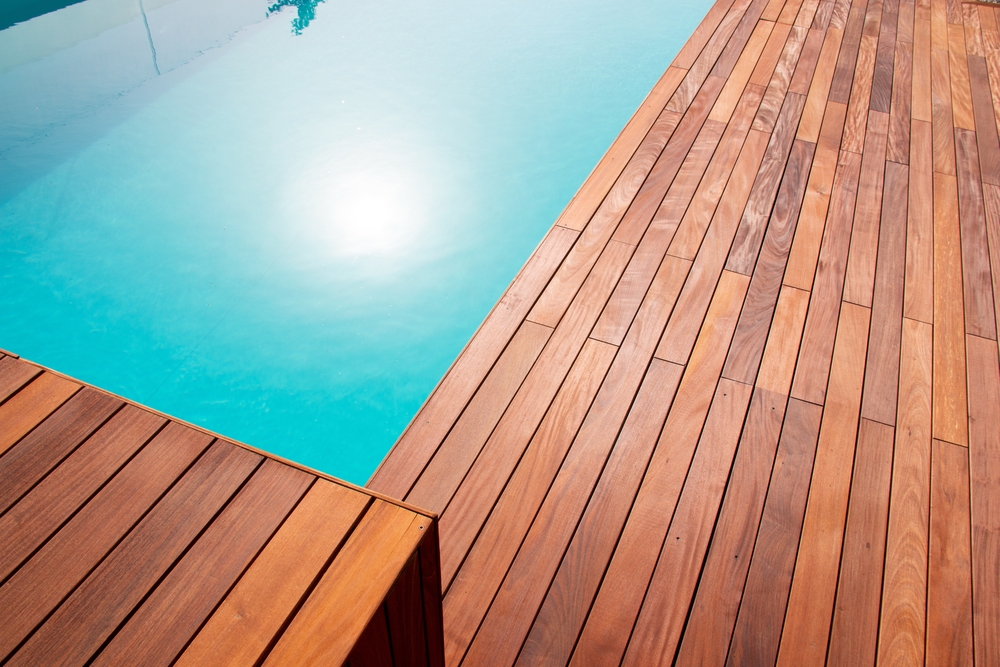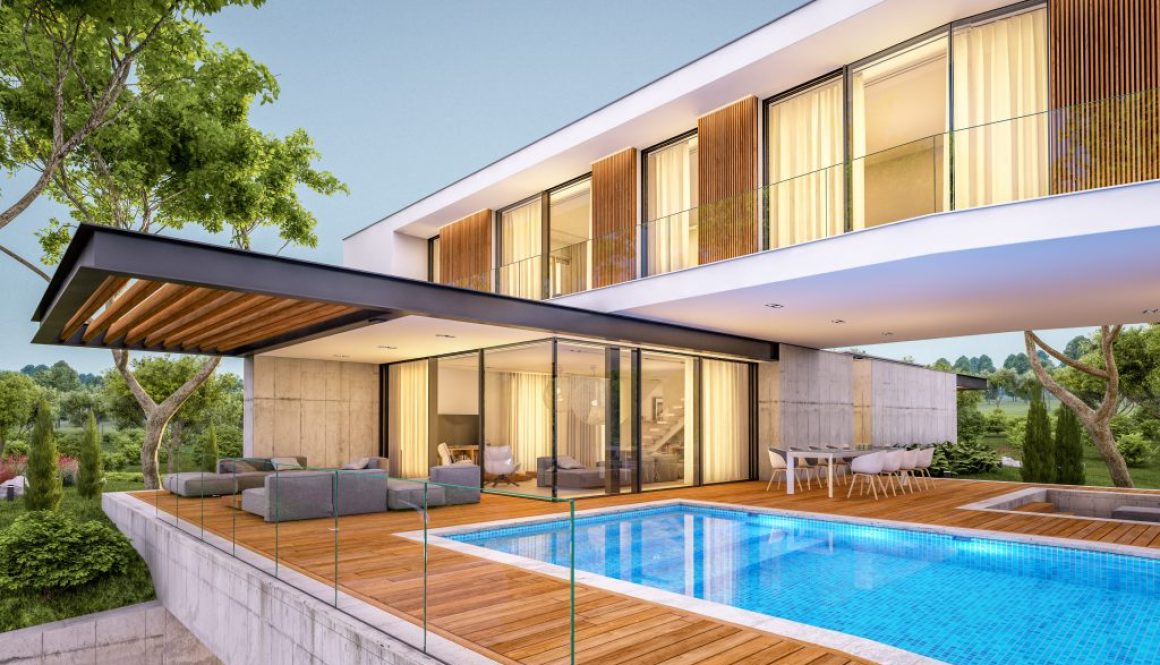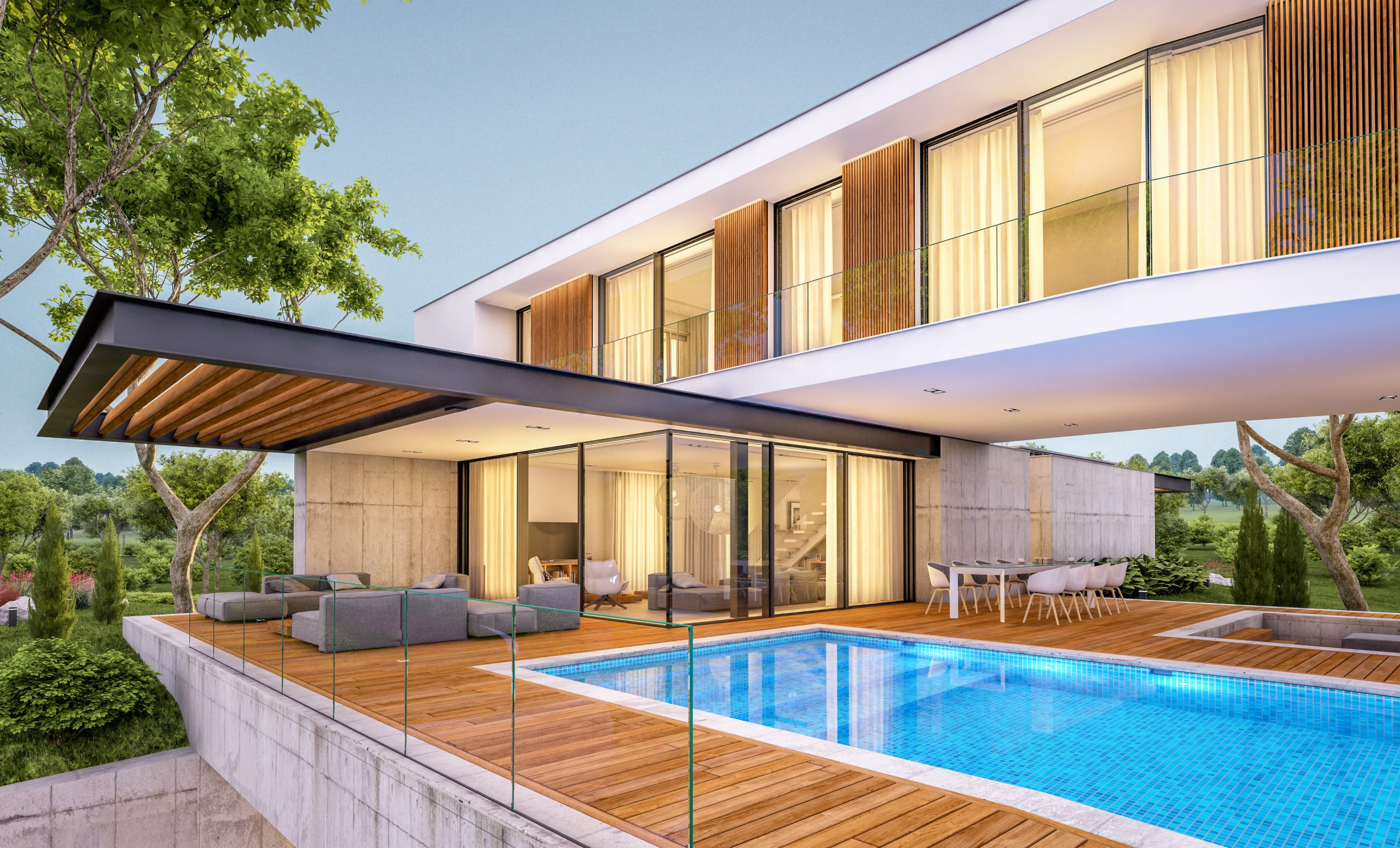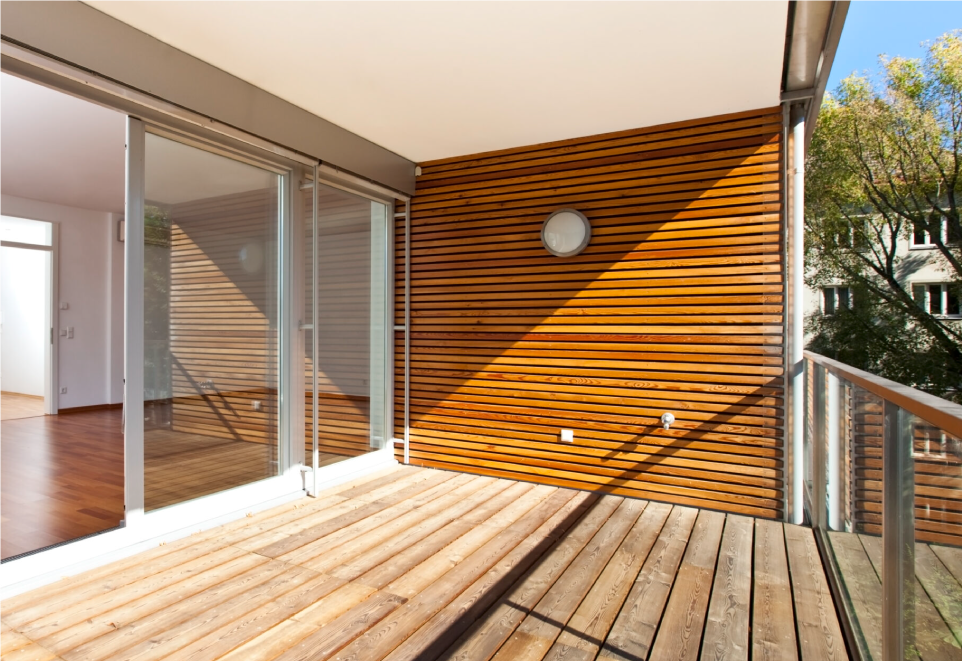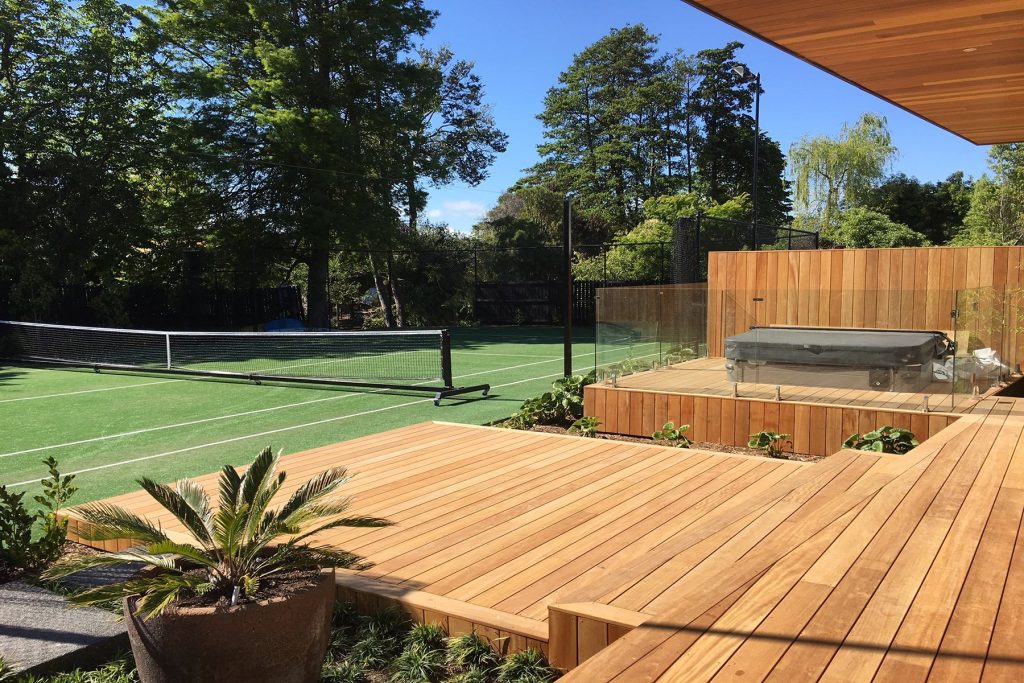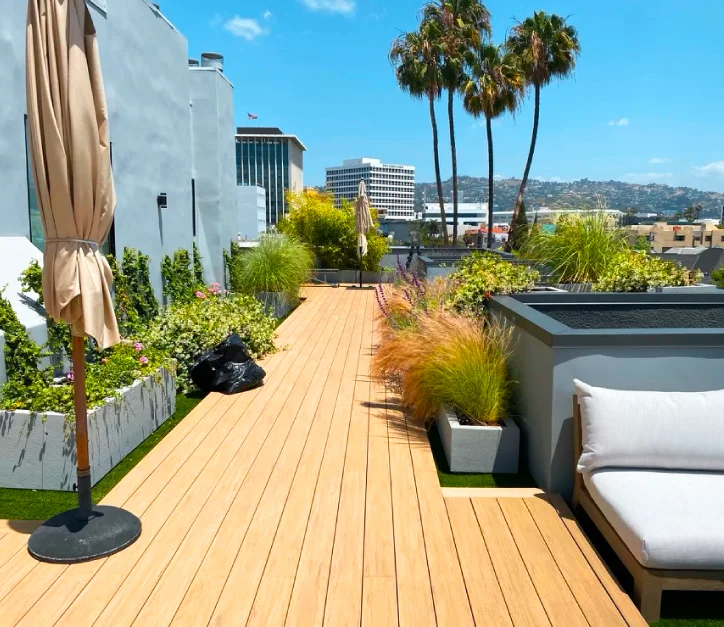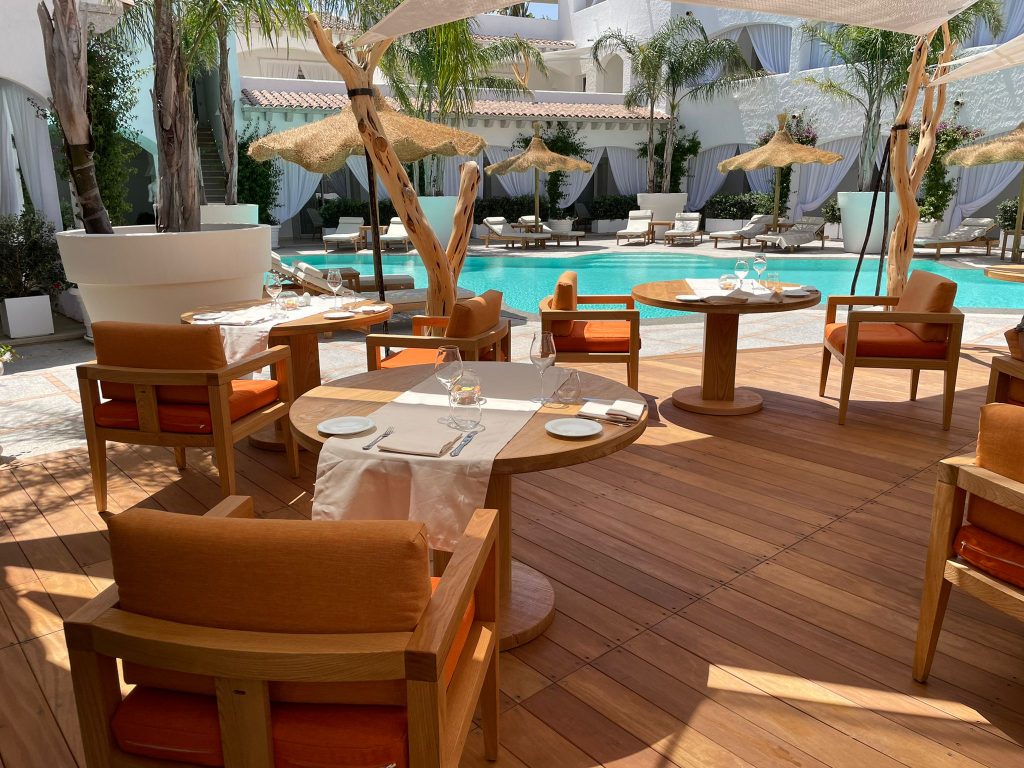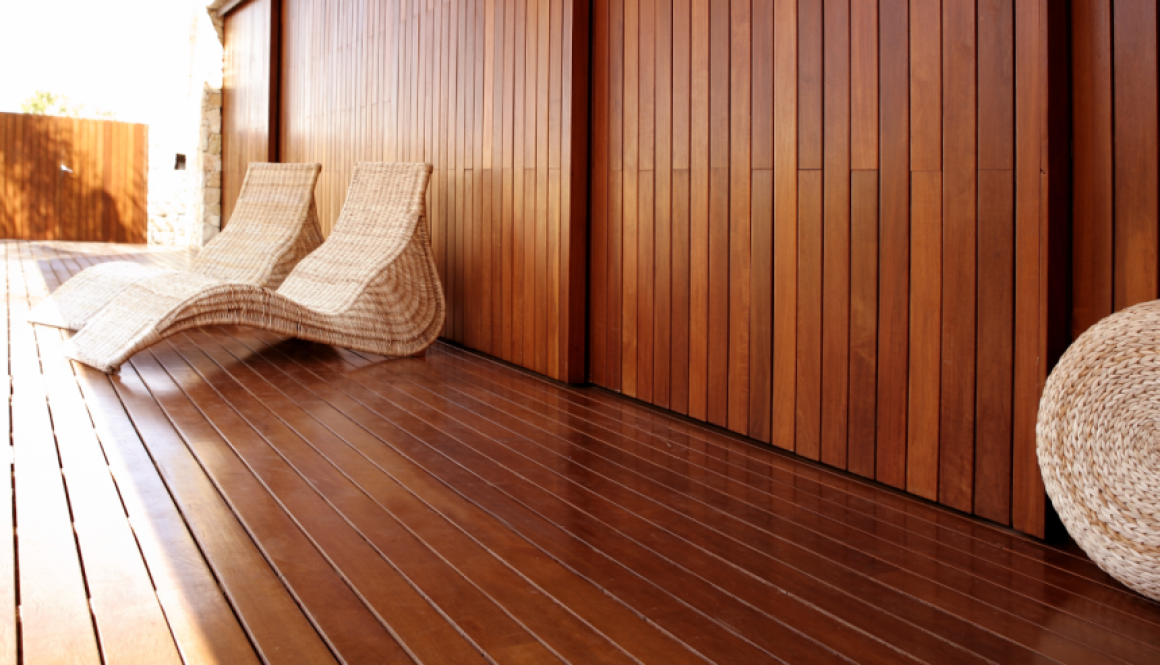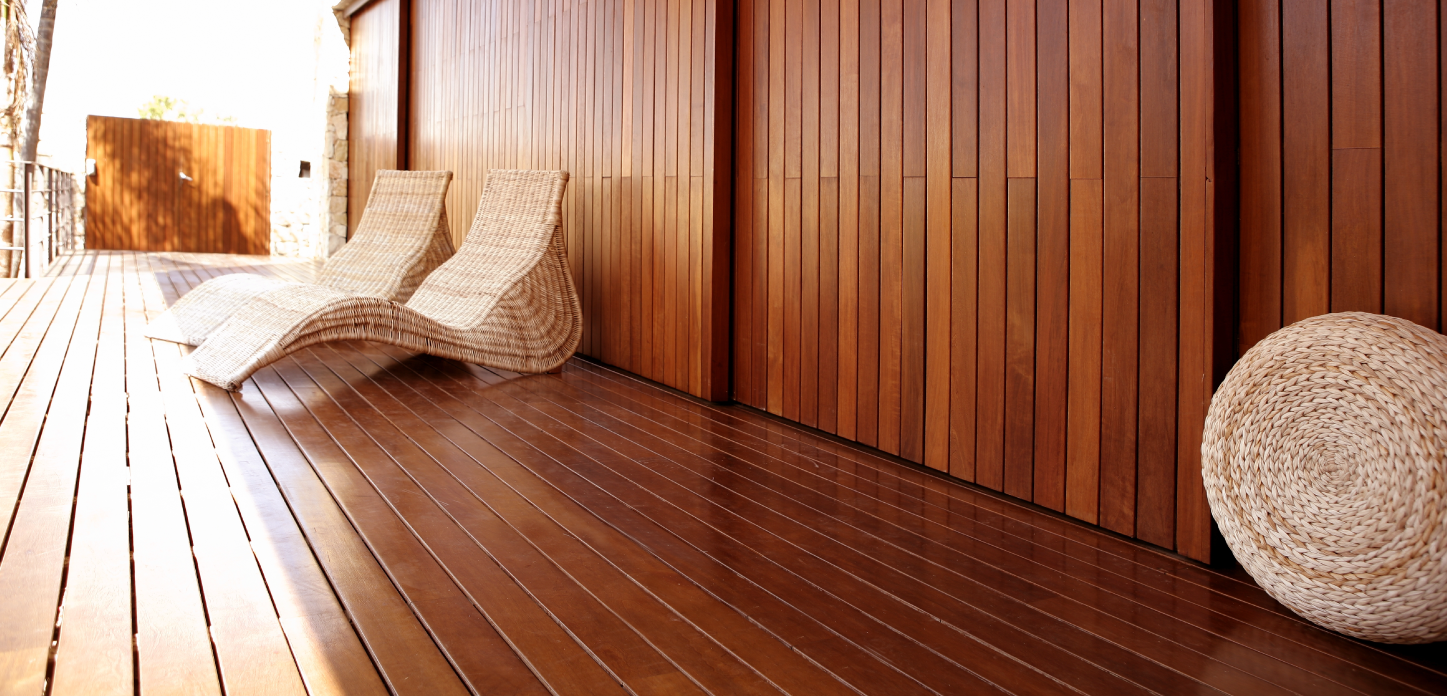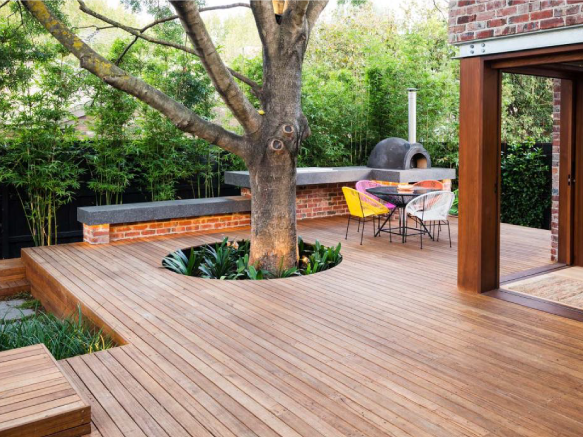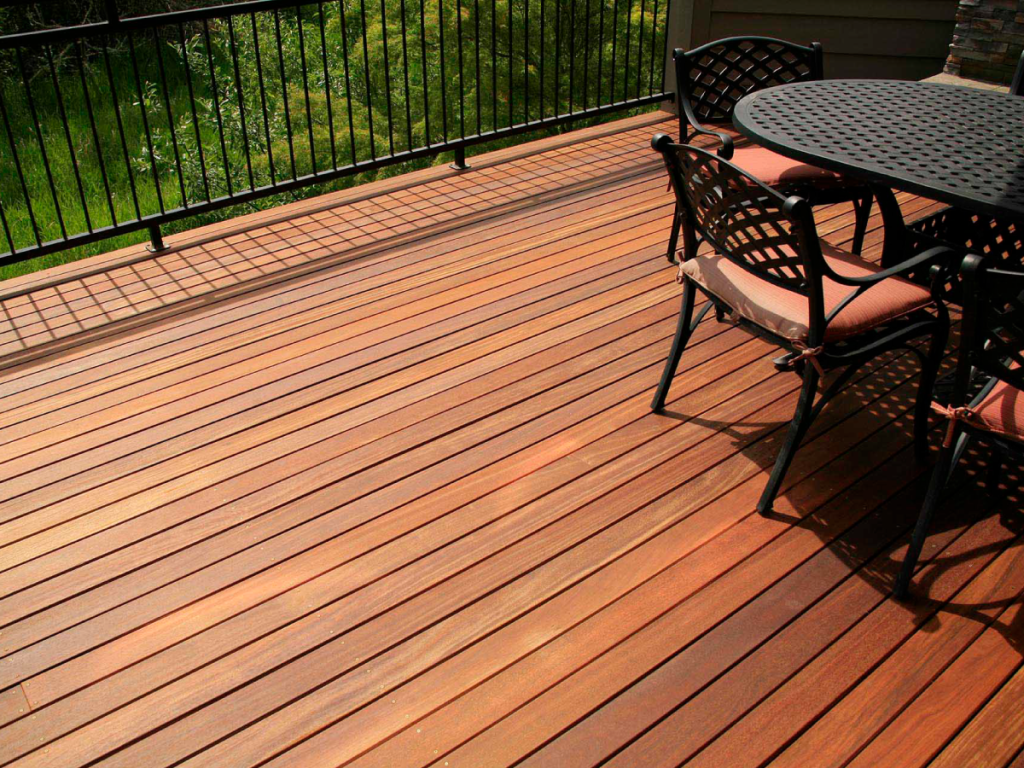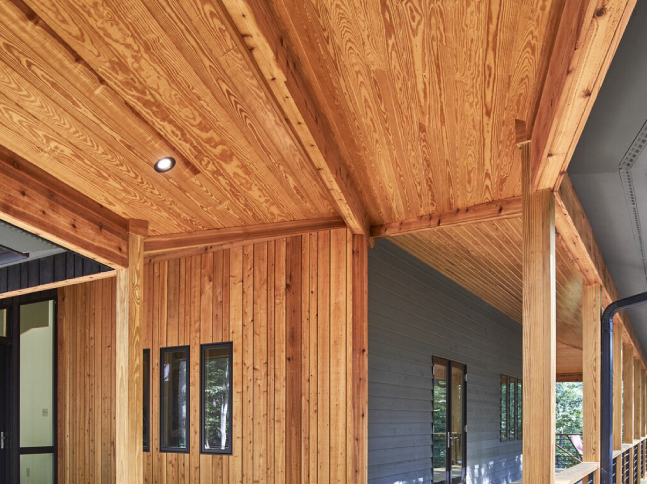Tropical Hardwoods vs Composite Decks
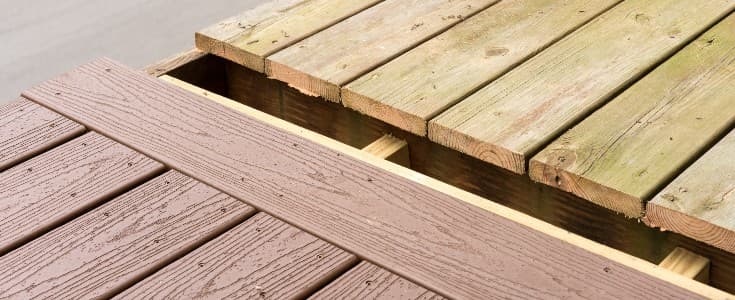
Tropical Hardwoods vs Composite Decks
As a parent, ensuring your children have a safe and enjoyable space to play is a top priority. When choosing the right decking material for your home, the decision goes beyond aesthetics. It’s about creating a secure, low-maintenance, and durable environment for a family-friendly environment. At Brazilian Lumber LA, we offer two excellent options: tropical hardwoods and composite wood decking. Both have distinct advantages and understanding these can help you make the best choice for your family’s needs. So, here are the differences between tropical hardwoods vs composite decks so you can make the best decision for you.
What Are Tropical Hardwoods?
Tropical hardwoods are not native to the United States; they are imported from South American forests. Due to their versatility and durability, they are used in both interior and exterior designs.
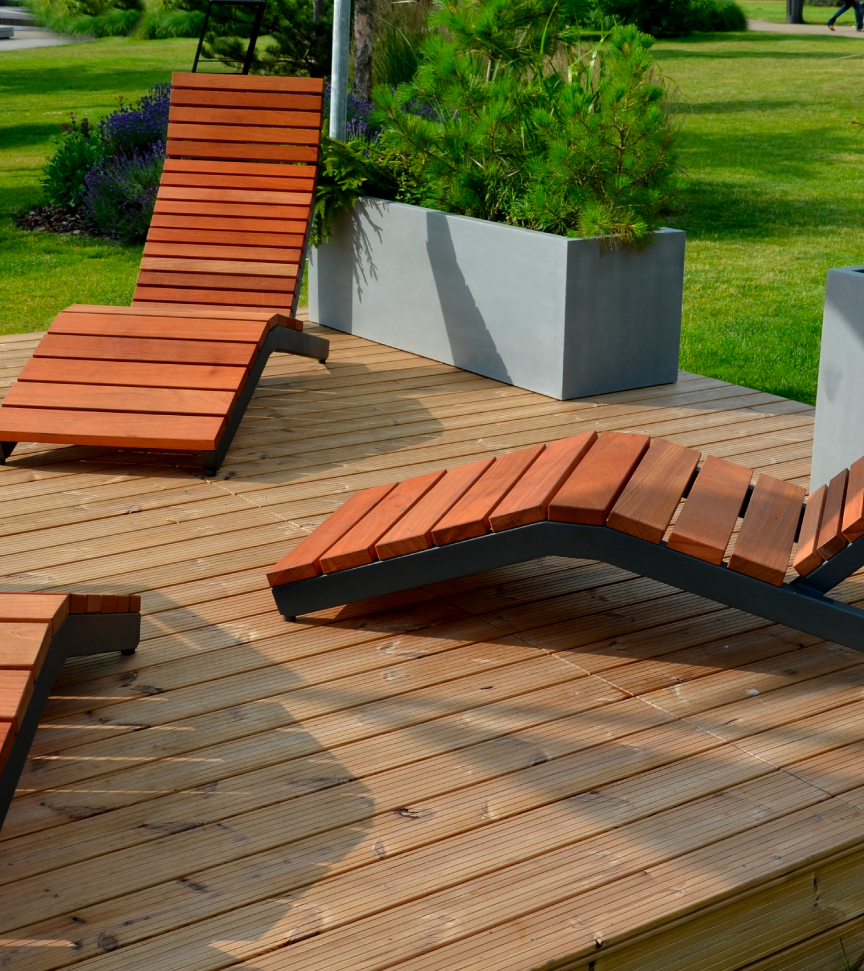
The Benefits of Tropical Hardwood Decking
Naturally Long-Lasting and Natural Strength
Tropical hardwoods like ipe, cumaru, and garapa are among the densest woods in the world, with natural oils that protect them from external elements. For example, Ipe wood, with a Janka hardness of approximately 3,680, is significantly more resilient than pine, which has a Janka hardness of about 1,570.
This high density, combined with natural oils, gives tropical hardwoods exceptional resistance to warping, cracking, and splintering. These qualities ensure that the wood maintains its shape and smooth surface over time, reducing maintenance needs and creating a safer environment for children.
Cumaru, with its rich reddish tone, offers similar durability and ages gracefully, making it a cost-effective alternative to Ipe. Known as Brazilian teak, Cumaru provides a blend of aesthetic appeal and resilience. Garapa, a golden-brown wood, also stands out for its resistance to rot, decay, and scratches without needing any sealants or oils. Often referred to as Brazilian ash, Garapa ages into a silvery gray and is a more affordable option compared to Ipe. For more details, visit this comparison of hardwood decking.
Tropical hardwoods also come in a wide range of thicknesses and widths, allowing for greater flexibility in design to meet your family’s specific needs. This versatility adds to their appeal for creating a durable, customized outdoor space.
Resistance to Weather Conditions
Tropical hardwoods are renowned for their natural durability, thanks to the natural oils inherent in the wood, which provide built-in resistance to decay, insects, and fungal growth. This resilience is particularly valuable for materials used in outdoor settings, where they are constantly exposed to the elements, including moisture and humidity typical of wetter climates.
Additionally, tropical woods are naturally very dense, absorbing significantly less moisture than traditional woods. This makes them an ideal choice for families in wet climates, as these woods are rot-resistant and offer superior protection against insect damage.
Moreover, the natural oils in tropical hardwoods offer protection against UV rays, helping the wood maintain its integrity even under intense sunlight, which can bleach and degrade less resilient materials.
Having evolved in rainforests, these woods are naturally adapted to withstand intense moisture and heavy rain, making them ideal for similar conditions in a home setting. Their ability to endure the fierce sun and high temperatures of tropical climates also allows them to perform exceptionally well in hot, sunny environments like Los Angeles without degrading.
Eco-Friendly
Tropical hardwoods are not only durable but also environmentally sustainable. Their exceptional longevity means they are used for extended periods, reducing the need for frequent replacements and the materials required for ongoing deck maintenance.
When responsibly sourced, tropical hardwoods offer a sustainable option for enhancing outdoor spaces. Their durability contributes to a longer lifecycle, and they can often be recycled or repurposed, further extending their usefulness.
Additionally, tropical hardwoods’ long-lasting nature makes them an excellent choice for family-friendly environments. Since these decks can endure many years, they provide children with a safe and stable surface as they grow. Investing in tropical hardwoods ensures your family can enjoy a durable and attractive deck for years while making an environmentally sustainable choice.
What Are Composite Woods?
Composite woods are an alternative to traditional wood made from 95% recycled wood and plastic film, which provides drastic benefits and conveniences.
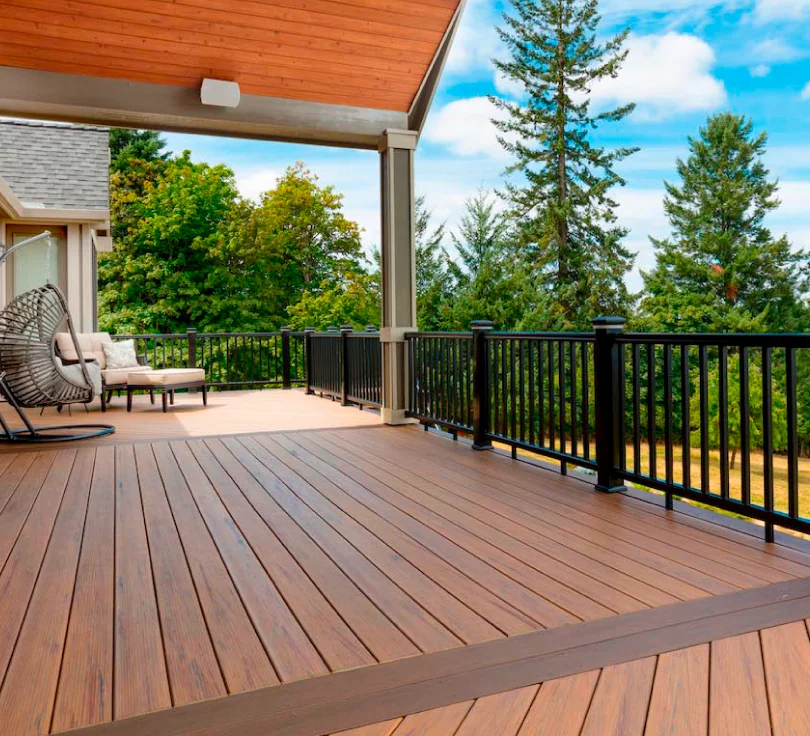
The Benefits of Composite Wood Decking
Longevity
With its durable construction, composite decking can last for decades. This long lifespan means that your deck will continue to provide a safe and attractive space for your children as they grow up.
In addition, just like tropical woods, composite woods are resistant to splinters or cracks even after years have passed. Unlike tropical woods, which are naturally durable, composite wood material is man-made to be durable for long periods, which is also beneficial for young families.
Resistance to Weather Conditions
Since composite woods are man-made, they are generally built with UV protection and even scratch/chip-on impact protection. With MoistureShield DiamondDefense™ technology, their liquid polymer-coated deck boards create the strongest capped wood composite board on the market to help prevent damage from scratching and impact.
Over time, a little maintenance may be needed to ensure continued UV resistance, but they still offer significantly more protection than traditional woods. Moreover, newer collections from leading composite decking brands like TimberTech and MoistureShield have engineered innovative technology to keep decks cool and safe to walk on barefoot, even under intense sun exposure. This advanced feature is a great benefit, especially compared to older collections or more budget-friendly options.
Unlike traditional wood, composite wood deckings also don’t absorb moisture, so they won’t swell, warp, or rot when exposed to rain, snow, or high humidity. This moisture resistance is particularly valuable for areas with frequent precipitation.
Low Maintenance
Unlike traditional wood, composite decking is resistant to stains, making cleanup quick and easy—whether it’s spilled drinks or food. Composite decking is virtually maintenance-free; it doesn’t need to be stained or sealed regularly, saving you time and effort in upkeep. The composite material can be cleaned as easily as hosing down with water, requiring no specific chemicals.
Additionally, composite is a great choice if you have young children and want to ensure that your yard area is safe for them. Textured composite decking boards with grooves add grip, reducing the risk of slips and falls, and making it an even safer option for families.
For a traditional wood look without the maintenance hassles, consider TimberTech’s Prime+ Collection®. It offers inviting color options that are both attractive and attainable, combining the timeless aesthetic of wood grain with the durability and ease of composite materials.
Furthermore, if you’re looking for decking with advanced features, MoistureShield’s Vantage™ collection includes self-healing properties that minimize the appearance of wear and scratching, ensuring your deck looks great for years to come.
Tropical Hardwoods VS Composite Decks: Making the Right Choice for Your Family

Ultimately, your family’s unique needs and preferences will determine whether to choose tropical hardwoods or composite decking. Both options offer exceptional durability and benefits, making them excellent choices for creating a safe and enjoyable outdoor space.
Child Safety
Both composite and tropical decking materials eliminate common hazards such as splinters and exposed nails, ensuring a safe play environment for children. Their smooth surfaces and slip-resistant designs provide added security, making them well-suited for active family spaces.
Climate and Weather Conditions
The climate in your area is an essential factor to consider when selecting the right decking material. Tropical hardwoods, with their natural density and moisture resistance, are well-suited for areas with high humidity, frequent rainfall, or extreme temperature fluctuations. They resist rot, decay, and insect damage, making them an excellent choice for wet climates.
Composite decking is engineered to perform well in various weather conditions. Its built-in UV resistance protects against fading and discoloration from the sun, although it may need periodic maintenance in particularly harsh climates. Even in frequent precipitation, composite decking’s moisture resistance prevents swelling and warping.
Maintenance
Tropical hardwoods require more regular maintenance compared to composite decking. They need periodic cleaning with water and mild detergents to keep tropical wood decks in good condition. Additionally, these woods benefit from occasional oiling or sealing to protect against moisture and UV damage, which helps maintain their rich color and appearance.
Over time, tropical hardwoods may also need sanding to keep the surface smooth and to prevent splinters. This ongoing care is essential to preserve the wood’s natural durability and ensure its long-lasting performance.
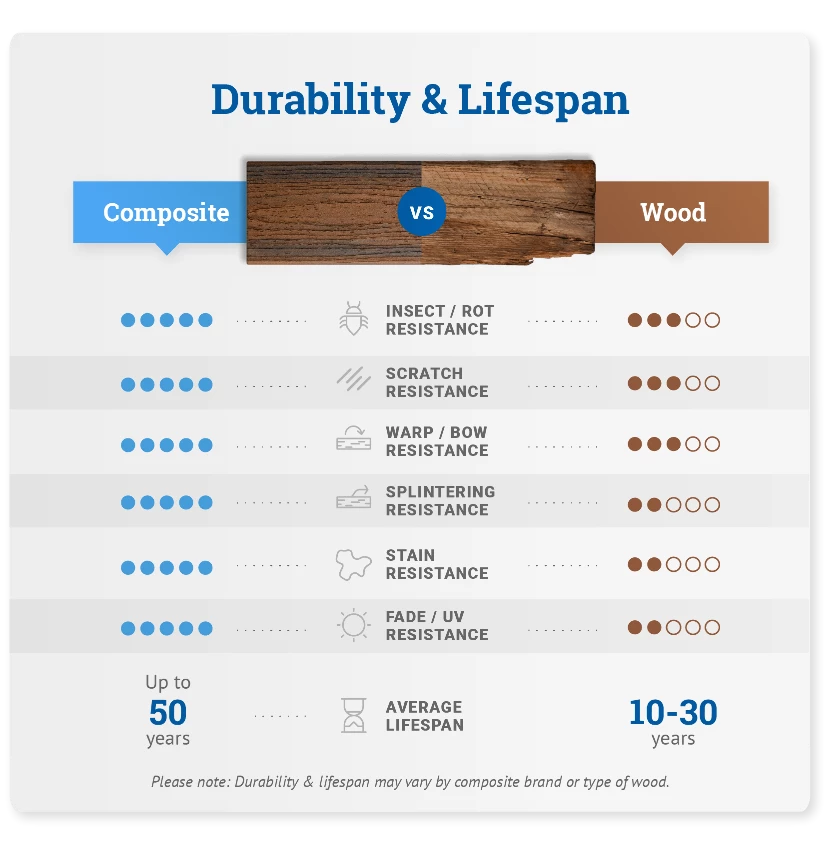
Composite decking excels in low maintenance compared to traditional wood. It does not need to be stained, sealed, or painted, which saves time and effort. Cleaning is straightforward—just hose down the surface with water and use mild soap for spills or stains.
Composite decks resist fading, scratching, and mold, although they may require occasional treatments to maintain their appearance, especially in harsh weather conditions. Overall, composite decking offers a virtually maintenance-free option, making it ideal for those who prefer minimal upkeep.
Final Considerations
Choosing between tropical hardwoods and composite wood decking is not just about the material; it’s about finding the right fit for your family’s lifestyle, climate, and maintenance preferences. Tropical hardwoods offer the beauty and durability of natural wood with a unique, exotic appeal. At the same time, composite decking provides a modern, low-maintenance solution that stands up well to the elements.
At Brazilian Lumber LA, we understand that every family’s needs differ. Whether you’re drawn to the timeless elegance of tropical hardwoods or the convenience and innovation of composite decking, our team is here to help you make an informed decision. We offer many high-quality decking materials to suit your home’s aesthetic and functional needs.
Feel free to contact us for personalized recommendations and expert guidance. Your ideal outdoor living space is closer than you think, and we’re excited to help you bring your vision to life.

